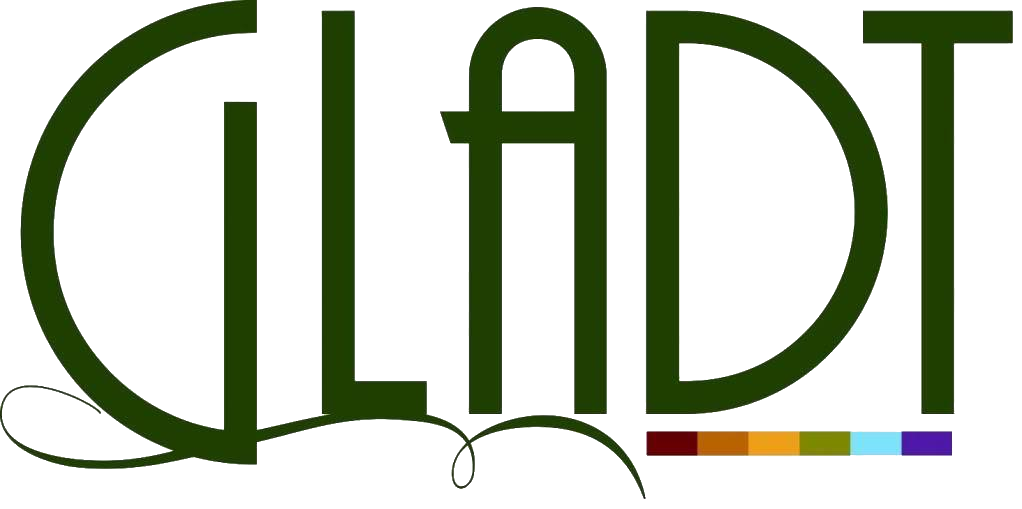Today, GLADT is an organization of Black Queers and Queers of Color with and without their own history of immigration. The association has a long and diverse history, which began in the late 90s, initiating and conducting many discussions on “Queer” and “of color” in Berlin.
In many German cities in the mid 80s, there were already individuals, groups and networks of black and/or immigrants that dealt with issues of feminism, as well as equal rights for lesbians and gays, and later also for trans* and inter* people.
From the Berlin Türkgay group, which was formed at the end of the 90s, the association GLADT was developed up until the year of 2003, leading discussions about gender(identity) as well as racism and nationalism, even before its foundation. It was by no means the case that a group of Turkish gay men was sensitized to internal diversity. Questions were still to be answered such as what did it mean to be a woman*, a trans* person or a Kurdish person? Was the group really “open” to everyone, as it claimed? It was also argued whether the emerging association should comment on religious issues, for example the 9/11 attacks in the year of 2001 followed by the rapidly rising of anti-Muslim racism made it necessary to put “intersectionality” into practice even before the term had reached the Federal Republic and its universities. In this way, the term “queer” also came to us faster than for others.
Many more discussions, workshops, and networking followed, placing GLADT at the intersection of the fight against racism, homophobia, transphobia, sexism and other forms of discrimination. GLADT became a major player in Berlin – and beyond. The uncomfortable role of standing between exclusions in the dominant society and exclusions, for example, from the communities of immigrants, was turned around and used as resources insteadt. The founding of the Immigration Council of Berlin, which at the time the only nationwide confederation of immigrant organizations (2004), the symposium “Homophobia in an Immigration Society” (2008), as well as the participation in the initiatives of the State of Berlin for the promotion of sexual and gender diversity, or the Immigration Council’s “Round Table Against Homophobia”, the project “Non-discriminatory Scenes for All”, where racism, sexism, transphobia, and ableism in the queer context have been and are still being worked on, making GLADT prominent within debates in the majority society, in the Queer scenes and in the immigrants communities, black communities and people of color.
